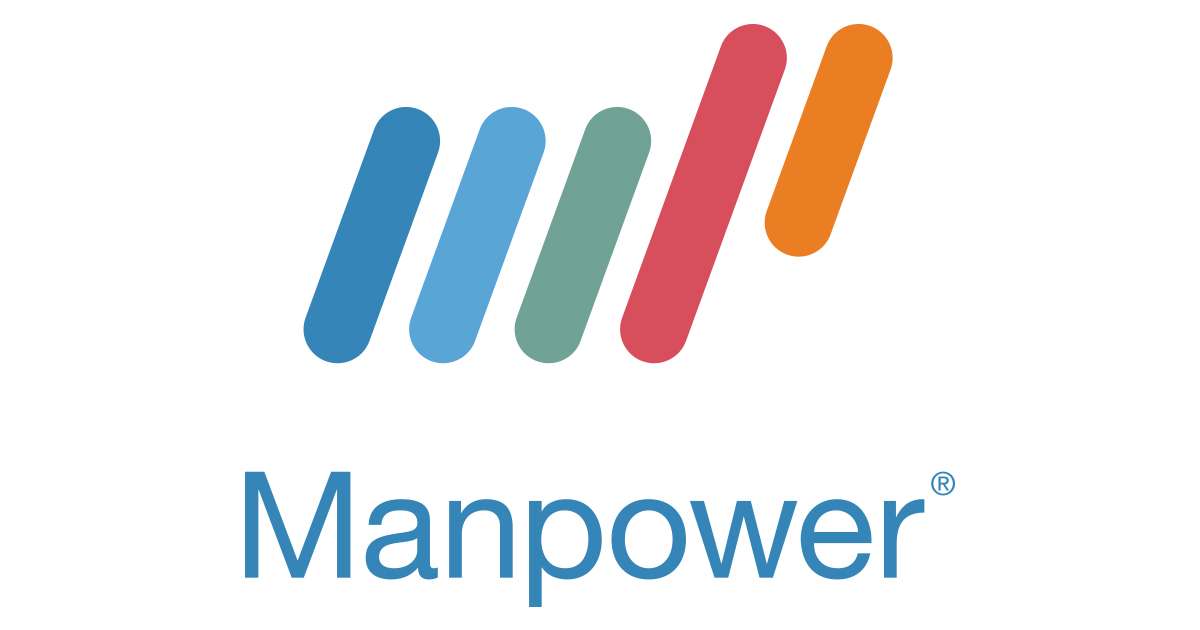This is necessary to be better prepared for the next crisis, conclude researchers who have looked at the first months of the corona crisis.
No structure
The research was carried out by Erasmus University, University of Twente, research bureau PPRC and international research network IRSPP. “There was no structure for these kinds of situations, so everything had to be set up from scratch,” says professor Erik van Raaij of Erasmus University about the corona crisis.
Healthcare institutions in the Netherlands noticed this. Jelle de Jonge of the Martini Hospital in Groningen: “We tried to buy as much as possible, but that became more difficult and we saw increasingly crazy prices.”
–
–
Learn lessons
The researchers see areas for improvement to better cope with a pandemic in the future. They come up with six pieces of advice. This includes putting in place crisis structures and drawing up protocols for purchasing and distribution. In addition, purchasing must be centralized in times of crisis.
“A lot was unclear in the beginning,” said Niels Uenk, senior researcher and advisor at PPRC, who led the study. ”What resources do we need and how much? It was chaotic.” And that chaos led to mistrust. “Not all healthcare facilities were willing to share their information about supplies.”
“It is important that these plans are ready in advance, so that in a next crisis it is immediately clear who is responsible for what. Then there will be less chaos and more trust”, says Uenk.
–
–
Less dependent
The Netherlands must also become less dependent on suppliers from East Asia, for example by setting up Dutch production. However, it remains difficult to overcome a crisis completely. “Perhaps we will need a lot of bandages in the next crisis,” says Jelle de Jonge. “You can’t quite figure out where the shortage arises.”
–
–
A close call
“March 12 is etched in my memory,” says purchasing manager Tom Hoeben of the Jeroen Bosch Hospital. “Then it was all over. We were using 2,000 masks a day at the time and wouldn’t make it through the weekend.”
“I called all over the place, but not everyone was eager to share supplies. Call Ernst Kuipers (chairman of National Network Acute Care), said someone from the regional consultation. And through Kuipers I found exactly four thousand in Rotterdam and Nijmegen that evening. The next day we immediately sent taxis to pick it up.”
Didn’t eat from the tension
Purchasing manager Jelle de Jonge knows that feeling of stress. “There was a moment when it was really almost finished, I still had one or two days’ supply,” says De Jonge. “Together with other hospitals, we bought mouth masks in China, but they turned out not to be good. On Thursday I had to agree to a new cargo at eight o’clock in the evening, which landed on Friday morning. I haven’t eaten all day because of the tension.”
–
–
Differences in care
The study shows major differences between hospitals and so-called care. These are nursing homes and institutions in home care and mental health care. The latter have less large purchasing departments and experience.
And once a nationwide emergency stock was built up, hospitals had priority when calling on that emergency stock. “As a result, nursing homes, home care and mental health institutions were dependent on the suppliers they knew. That didn’t work and there was no alternative”, says Leone Groote Woortmann of the Parnassia Group, which offers mental health care.
“I knew we were at the back of the pack in the distribution of protective equipment, so I called and texted myself to arrange it,” says Groote Woortmann. That distribution is made by the government.
Care had to continue
Groote Woortmann: ”I didn’t care how, we have to have stock. The care must continue. The National Resources Consortium and others continued to meet. While I thought: the patients in a crisis situation and the homeless that we take in will also need care tomorrow, so we need those protective equipment. Sticking to the old pattern doesn’t work.”
–
–
Hoeben also sees lessons that can still be learned. “Healthcare institutions must be well aware of where their protective equipment comes from, what that chain looks like. And hospitals already work together quite a lot in the field of purchasing, but nursing homes and mental health care should also do that more. That does not necessarily mean ‘purchasing together’, it is also about sharing knowledge and experience,” says Hoeben.
Shortages again
Some of the healthcare institutions wonder whether sufficient improvements have already been made. ”We have now again had a shortage of syringes because of the worldwide vaccination campaign”, confirm Groote Woortmann and de Jonge. Groote Woortmann: ”There we make the same mistake again, everyone waits, so I started calling again myself.”
–
–


